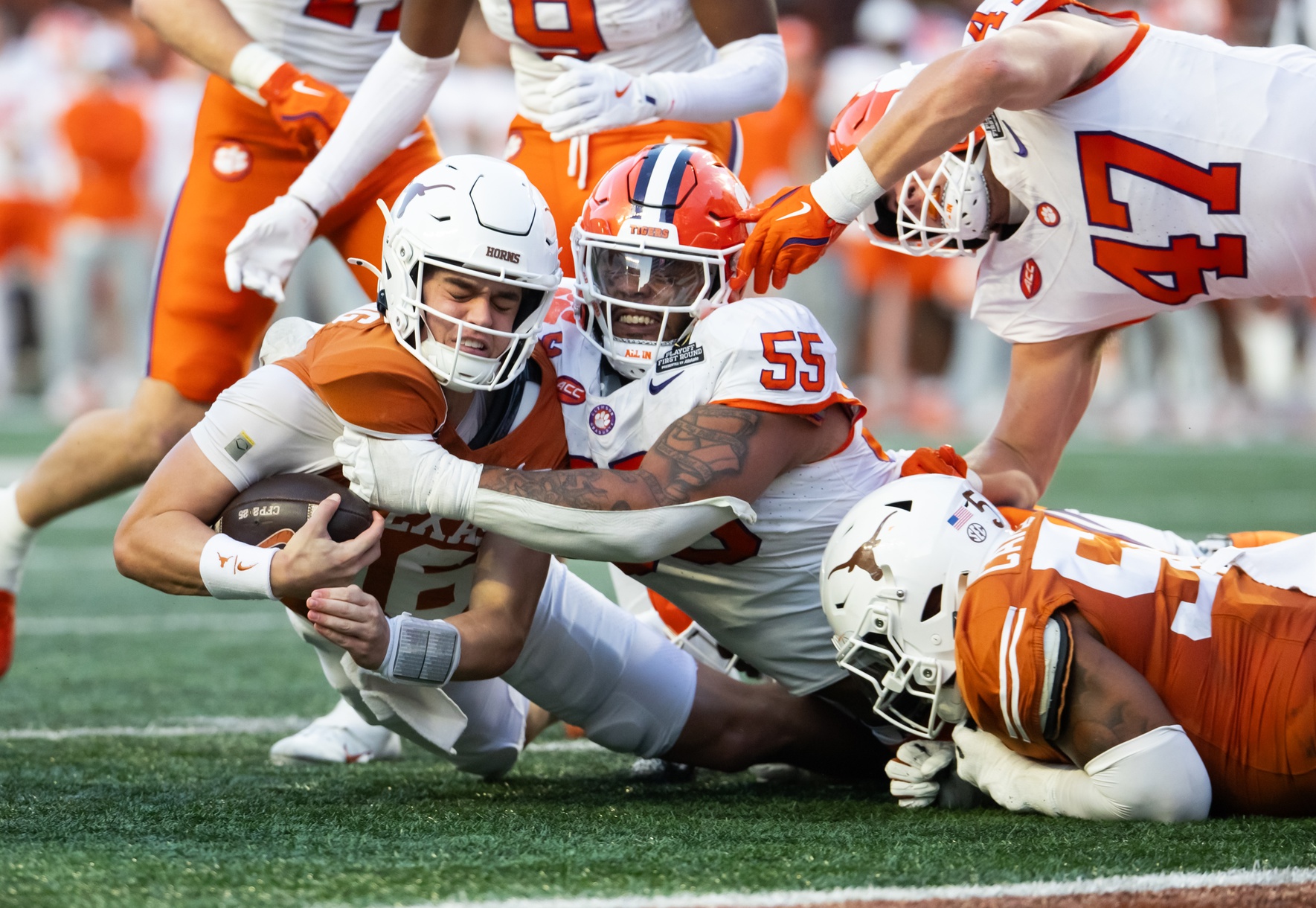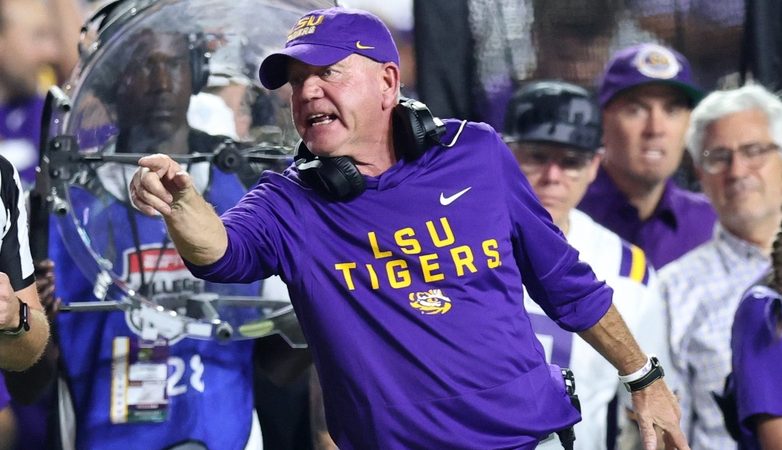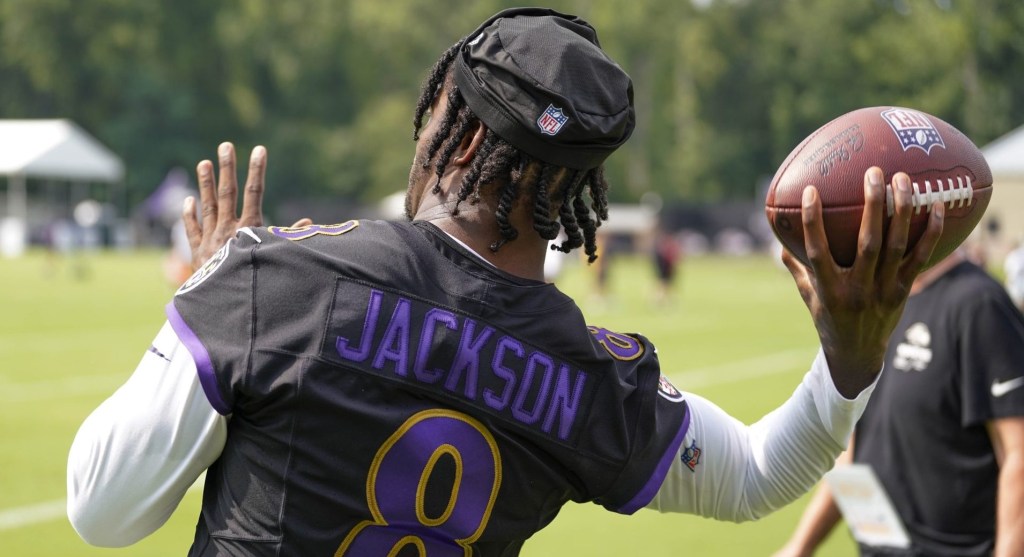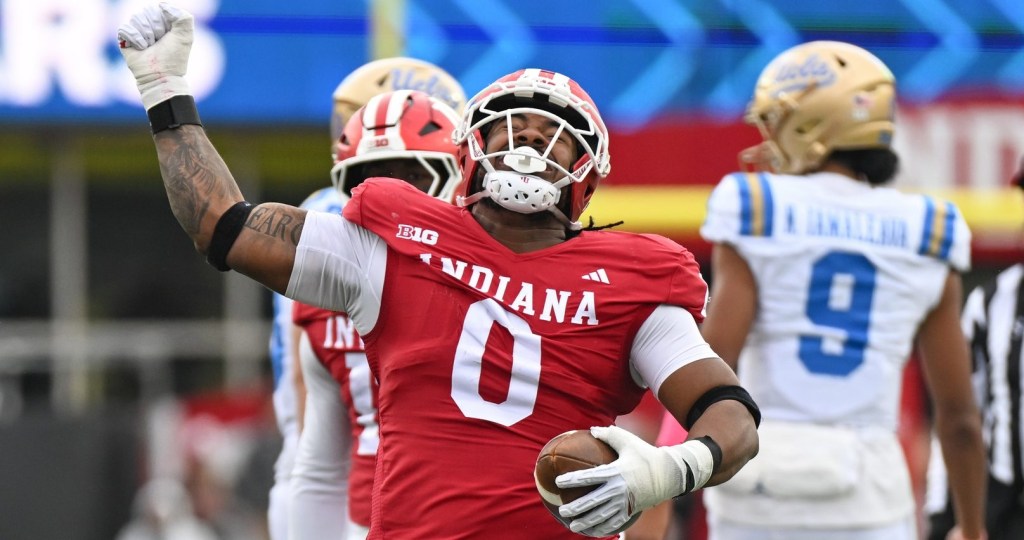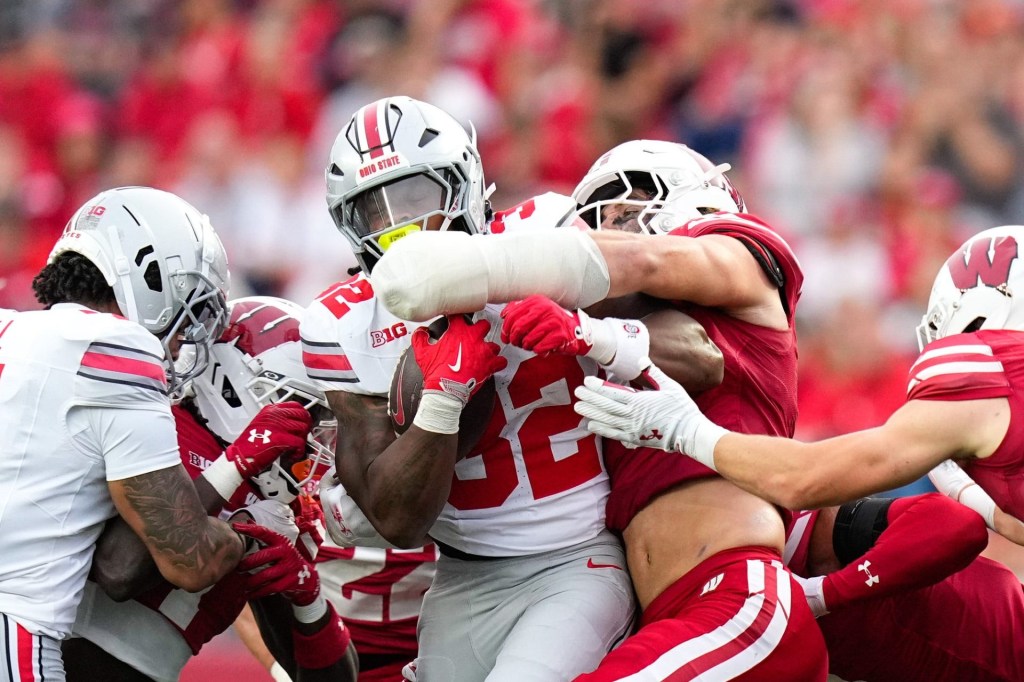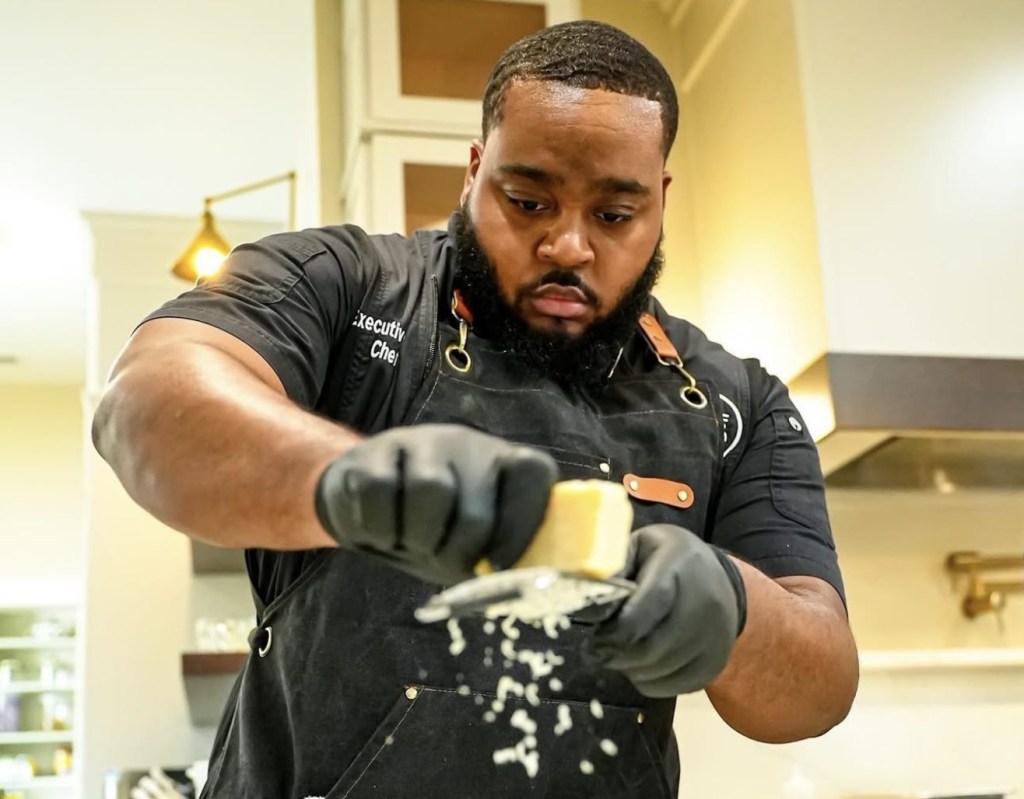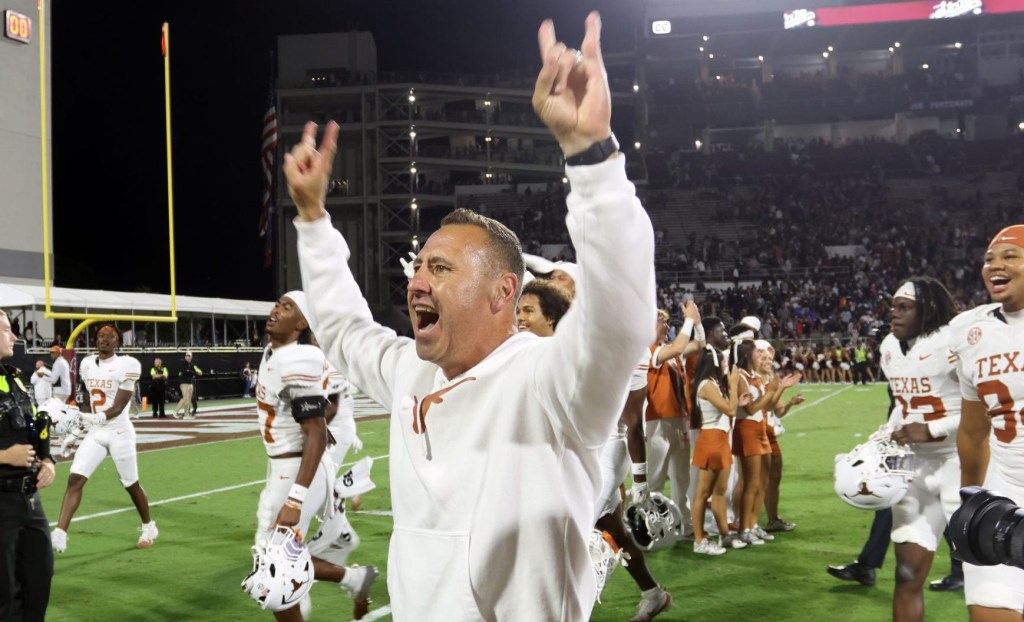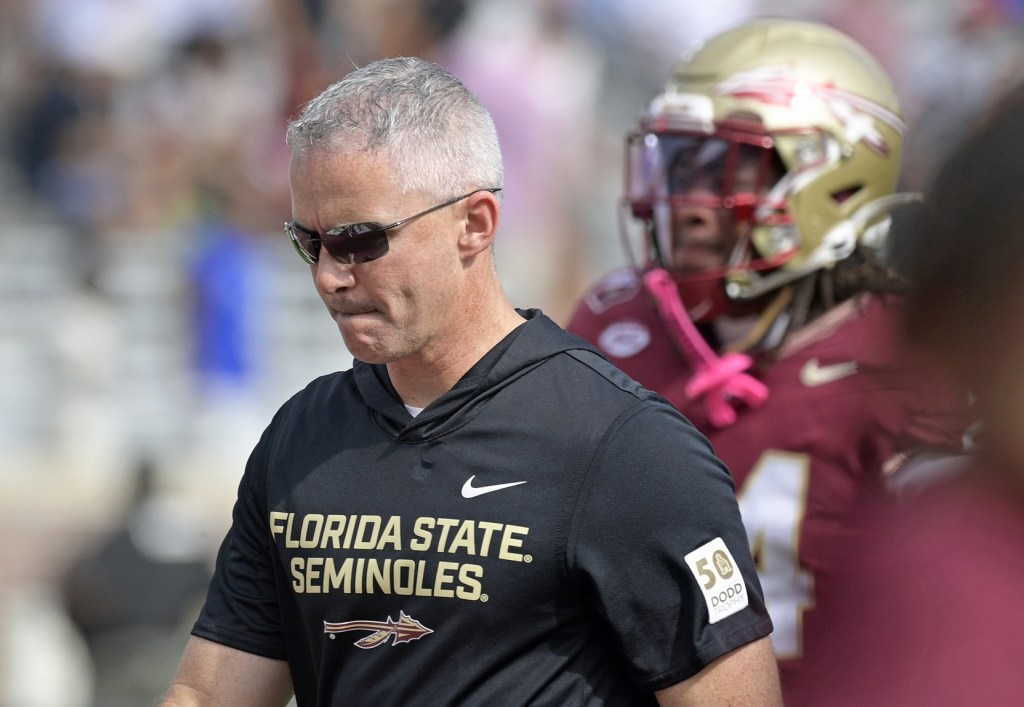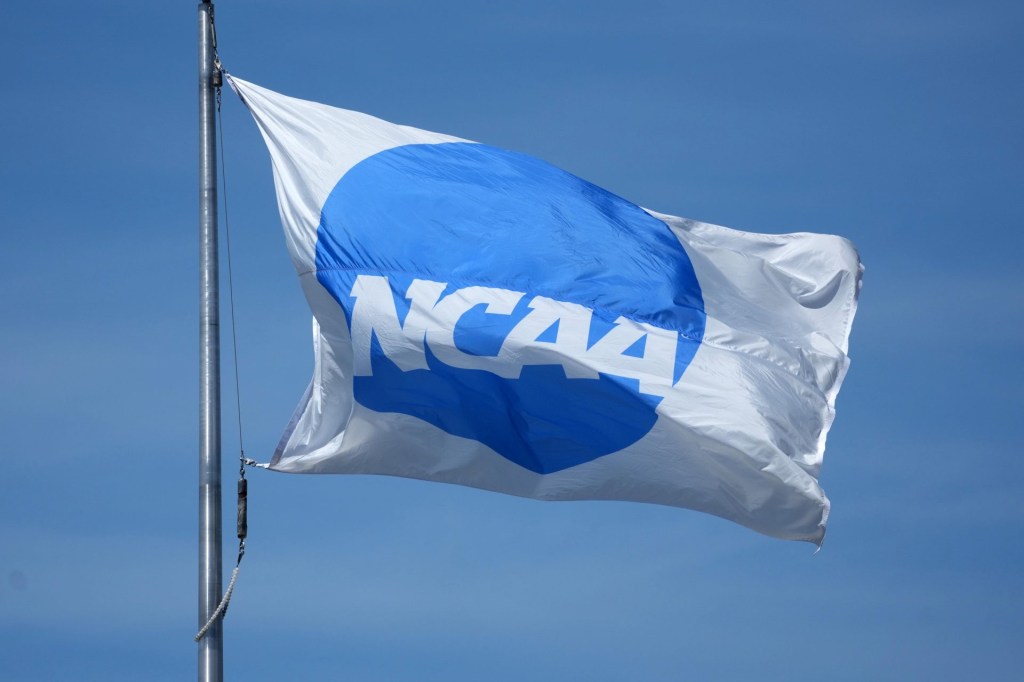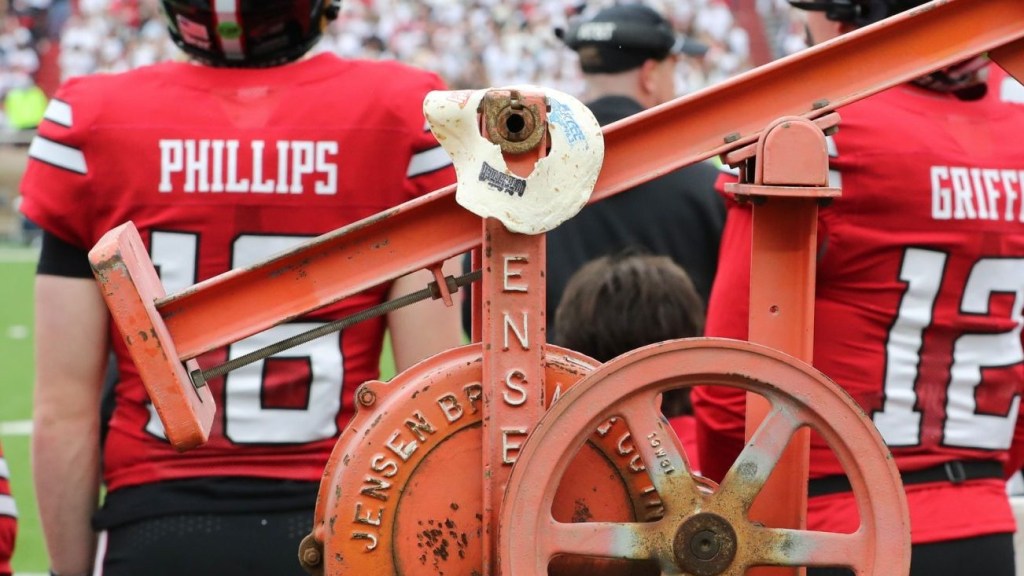The College Sports Commission, the new enforcement entity established as part of the House v. NCAA settlement, began scrutinizing NIL deals in mid-June. Almost three months later—and as football season kicks off—the process continues to lag.
Players are waiting weeks or longer for deals to be approved, sources tell Front Office Sports. Athletes are losing opportunities to do certain deals with tight turnarounds as a result—potentially setting up more litigation opportunities.
“The CSC has provided great guidance,” Blueprint Sports co-founder and CEO Rob Sine tells FOS. “But the practical application of it is a different story. There are a lot of deals across the country that are in limbo. … I’m talking big-time Power 4 schools. And I’m talking mid-majors, women’s sports, men’s sports, Olympic sports that are getting no response or are getting spun around in a circle.”
The Commission, created by the power conferences, is in charge of running the software created by Deloitte called NIL Go, which allows players to submit the terms of their deals for approval. The goal is to determine whether deals provide fair-market value for the exchange of goods and services, or whether they’re “pay-for-play” in disguise.
In July, FOS reported that players were experiencing delays. The CSC came out with a statement saying that some deal approvals had been delayed because of new guidance targeting NIL collectives, but said that the process would “speed up significantly over time.” Later that month, the organization also issued yet another round of updated guidance, essentially relaxing the previous collective guidance.
In some cases, the CSC has demonstrated efficiency: Between June 11 and August 20, the CSC had approved more than 5,100 deals, according to data provided to reporters. Northwestern athletic director Mark Jackson told FOS’s Colin Salao last week that the Wildcats “haven’t hit any snags.” Yet plenty of athletes have deals that appear to be stuck in “purgatory,” as one power conference collective operator describes it.
If players are lucky, they can delay executing their NIL deals until they receive word from the CSC. But in some cases, players have lost opportunities to complete deals that needed to come together under the time crunch.
The source gave the example of an autograph signing: A player might submit approval for a deal that offers them compensation in exchange for participating. But if the player doesn’t hear back from the CSC by the date of the event, the player wouldn’t be able to participate at all—and lose out on potential earnings.
In some cases, players could try to submit deals further in advance to avoid this problem. But in the world of NIL, time is of the essence—players often have to capitalize immediately on opportunities if they find themselves in the spotlight during the regular season or postseason. The source says there might be even more lost earnings if the CSC can’t speed up its deal flow—and that this could even be grounds for the player to sue the CSC.
A CSC spokesperson tells FOS that additional settlement-related questions are still being ironed out, which plays a role in the speed of approval
“At this point, any significant wait times are largely the result of delays in finalizing the NCAA bylaws resulting from the settlement that will govern how some edge cases are to be handled,” the spokesperson says. “These continue to be discussed and finalized by the plaintiffs and defendants in the House case and continue to work their way through the NCAA legislative process.”
Though the spokesperson did not cite a lack of manpower as a reason for delays, the CSC may also be understaffed.
The CSC also told reporters last week that the deal-approval process, which scrutinizes every NIL deal over $600 across Division I, is being completed manually. There is no artificial intelligence software aiding approval—instead, human beings at the CSC are doing so.
The body has only three employees (with a fourth starting this week), including CEO Bryan Seeley and Head of Operations and Deputy general counsel John Bramlette. The CSC said it also has employees of Deloitte helping with deal approval, as well as an outside law firm. It plans to hire employees, but did not say how many.
